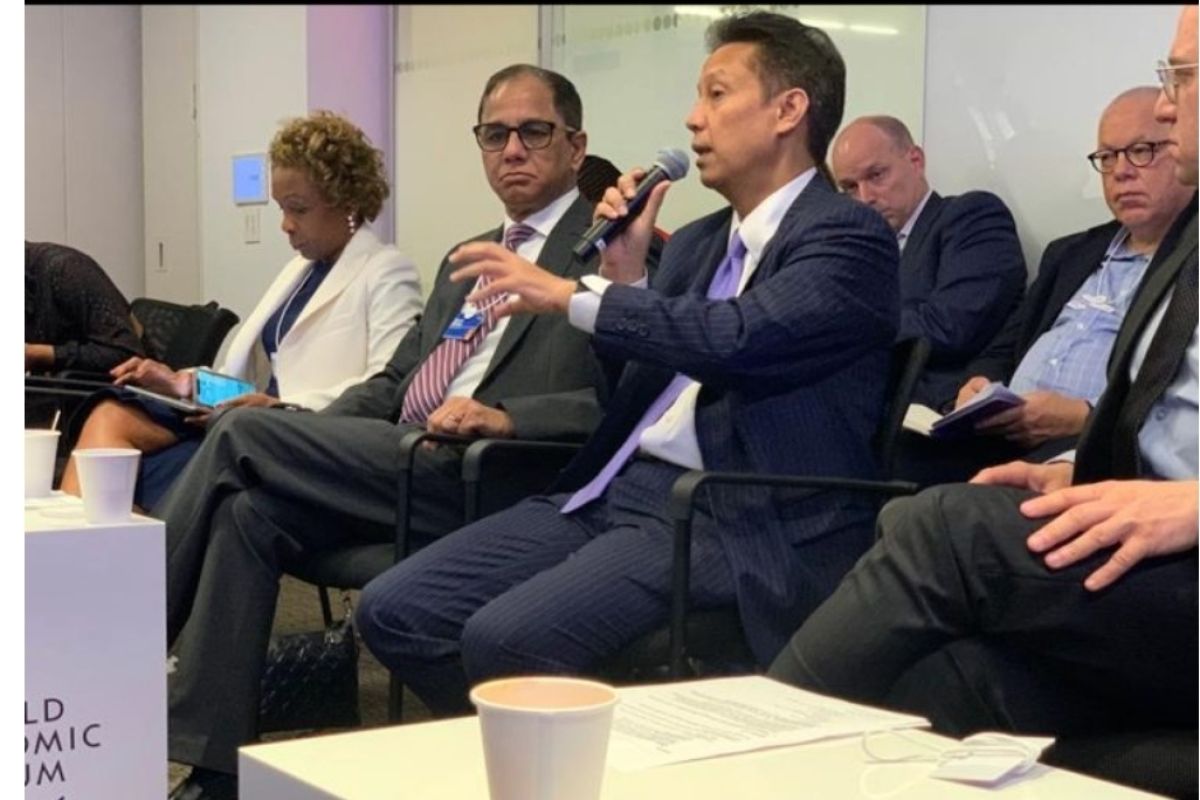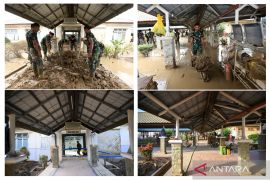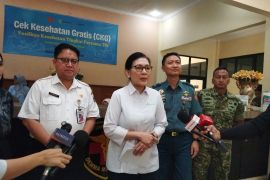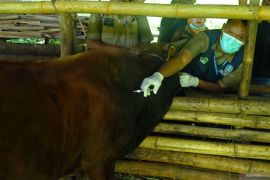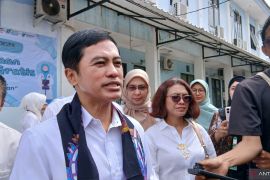"Indonesia's efforts at the G20 are aimed at building a more resilient Indonesian health security system, including by increasing domestic capacity to produce various vaccines, drugs, and diagnostic tools," Sadikin noted in a written statement received here, Saturday.
The minister highlighted that efforts to strengthen the global health architecture also encompassed utilizing collaborative networks for manufacturing collaborations and research centers for developing vaccines, drugs, and diagnostic tools.
Sadikin made the remarks during the World Economic Forum (WEF) meeting regarding the Distributed Vaccine Manufacturing Collaborative in New York, the United States, Wednesday, September 21.
The meeting was attended by representatives of WEF members and private industry parties including the global vaccine industry, namely the World Trade Organization (WTO), and the Joint United Nations Program on HIV and AIDS (UNAIDS).
Sadikin remarked that strengthening the health industry and utilizing collaborative networks for manufacturing was one of the achievements of Indonesia's Presidency at the G20 in the health sector.
The G20 Third Meeting of the Health Working Group (HWG) resulted in an agreement to strengthen regulations to support the development of global manufacturing centers, he noted.
The G20 is a multilateral cooperation forum comprising 19 major countries and the European Union (EU). The G20 represents over 60 percent of the world's population, 75 percent of global trade, and 80 percent of the world's gross domestic product (GDP).
The G20 members comprise South Africa, the United States, Saudi Arabia, Argentina, Australia, Brazil, India, Indonesia, the United Kingdom, Italy, Japan, Germany, Canada, Mexico, South Korea, Russia, France, China, Turkey, and the European Union.
According to Sadikin, global research and manufacturing regulations are one of the important aspects that should be realized to prepare all countries in facing upcoming pandemics.
G20 member countries are encouraged to publish rules of international organizations to improve research and manufacturing capabilities.
Several potential collaborations that have been identified at the G20 meeting include global biomanufacturing training centers, efforts in collaborative research, data sharing mechanisms, public-private partnerships, and research and manufacturing ecosystems, Sadikin remarked.
This is also in line with the third pillar of health transformation concerning the transformation of the health resilience system.
The minister said that these pillars plan future strategies regarding certainty and readiness of vaccines, diagnostics, and therapeutics that can be produced domestically.
The strategy is implemented by developing research centers and utilizing the cooperation with southern countries, so that at least 50 targets can be produced domestically from upstream to downstream, he concluded.
Related news: Pharmaceutical industry must use research for business development
Related news: SOE pharmaceutical, hospital holdings to merge: Bio Farma
Related news: Ministry supplies 10 drug molecules to boost domestic production
Translator: Andi Firdaus, Resinta S
Editor: Sri Haryati
Copyright © ANTARA 2022
